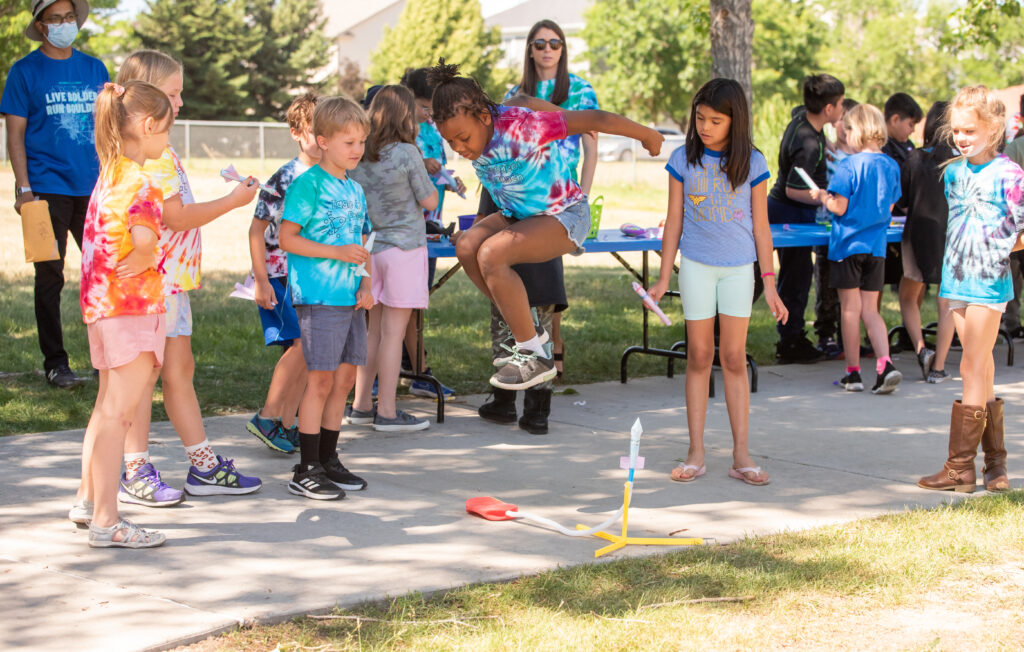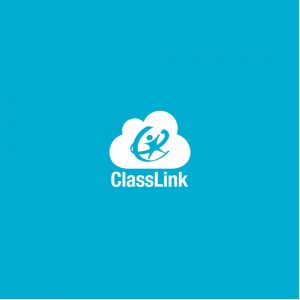
Summer programming provides many great opportunities for students. Students participating in Project Launch at Eagle Crest Elementary have had the unique opportunity to connect with CU Boulder’s Fiske Planetarium, which pairs nicely with this year’s theme, ‘Space Exploration.’
Teachers are finding creative ways to weave this theme into their instruction across the content areas. “We chose to partner with Fiske Planetarium because their programming provides students with on-site field trips that expand the scope of learning beyond our traditional walls,” shared Lindsey Cheney, Dean of Students, Eagle Crest Elementary.
Experts from Fiske Planetarium visited Eagle Crest Elementary on June 16. Partnering with Fiske Planetarium gave students many benefits – students have been able to explore, read, and design for outer space. The first program with the planetarium was the MiniDome, where students took a tour of the solar system in their inflatable planetarium. “After we got to visit the Planetarium, I now know way more about outer space. I loved getting to see the stars and the planets,” shared a student from Eagle Crest Elementary. This MiniDome experience provided students the opportunity to learn more in depth about the different components of the solar system, how scientists study the solar system, and the technology they use. Students saw the constellations and a simulation about how Earth rotates, and images that were taken from rovers and telescopes.
On June 28, Fiske Planetarium provided the Project Launch students with stomp rockets; this gave students the opportunity to learn the basics on how rockets fly to space and immersed students with an experience of the engineering design process. “Through the designing, building, and testing phases, students learn to iterate and persevere through challenges,” explained Cheney. “Students at this age are great at exploring and learning to fail, adapt, and improve the things they build.” For many students, the best part of the stomp rocket projects was having a competition and then making the necessary adjustments to the aerodynamics in order to make the rocket fly smoother in the air.
“We want students to see adults doing the work they love in STEM fields and be able to have experiences that will influence their perceptions of the careers and opportunities that could be a part of their future, that is why it’s important to bring STEM experts to our students,” shared Cheney.


